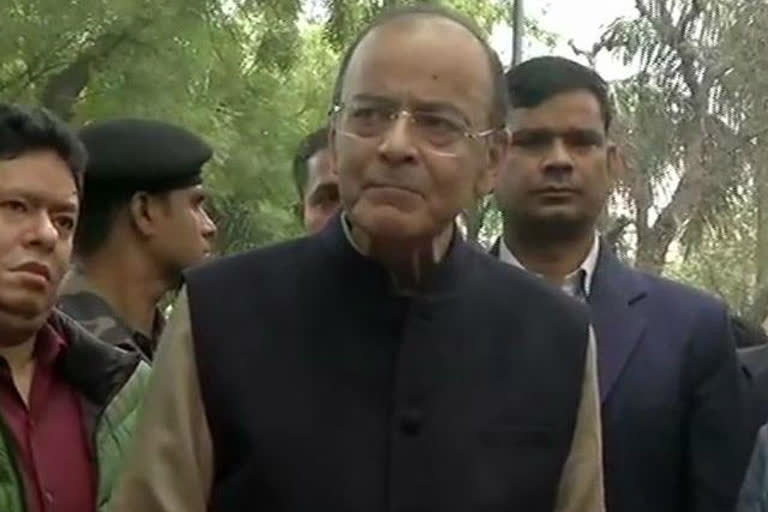The decision was taken in the Cabinet Committee on Security meeting held a day after the worst-ever terror attack in Jammu and Kashmir since militancy erupted in 1989, when a suicide bomber on Thursday rammed his SUV packed with explosives into a Central Reserve Police Force bus on the Srinagar-Jammu highway in Pulwama district, killing at least 45 troopers, injuring 38 and leaving the security establishment stunned.
What is Most Favourd Nation (MFN) status?
Under the MFN principle of the World Trade organistion (WTO), the member-States shouldn't discriminate against any other member-State. In other words, a member-State should treat all the other member States equally and shouldn't extend neither any additional favours like customs exemptions nor discriminations like high trade tariffs.
India had accorded MFN status to Pakistan in 1996. A Pakistan cabinet decision of November 02, 2011 to reciprocate remains unimplemented. Pakistan, however, substituted in March 2012 a 'positive list' of a little more than 1950 tariff lines, permitted for import from India, by a 'Negative List' of 1209 lines that cannot be imported from India.
